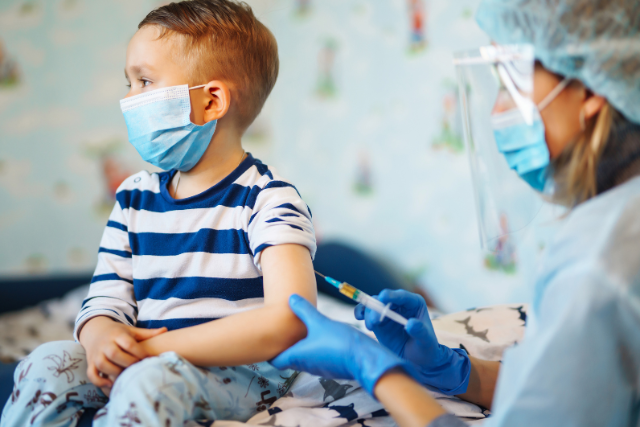Infectious Diseases
Infectious disease is an umbrella term used for various disorders that are triggered by organisms like bacteria, viruses, fungi and parasites. Most of these organisms are normally present inside our bodies and are harmless under normal circumstances. However, under certain conditions, this can get activated resulting in disease. In the majority of the cases, these diseases are contagious, which means that they can be passed from one person to another. Some can even be transmitted via animals, insects, contaminated belongings or infected food. Some infectious diseases, such as measles and chickenpox can be easily prevented by timely vaccination. Practising proper sanitization can also help to reduce the risks of infectious diseases significantly. Infectious diseases can affect people of all age groups, be it small children, or adults.

Common types of infection
- Bacterial infections, which include infections like strep throat, urinary tract infections and tuberculosis.
- Viral infections, which may range from the common cold to AIDS
- Fungal infections, which include diseases like athlete’s foot and ringworms
- Parasitic infections, which include malaria.
Symptoms you need to look out for
The symptoms usually vary depending upon the underlying cause of the infection. Some of the common symptoms associated with infectious diseases include:
- Fever
- Fatigue and weakness
- Persistent cough
- Sneezing
- Muscle ache
- Diarrhoea
Treatment
The treatment of infectious disease majorly depends upon the type of infection and the underlying cause.
- Antibiotics are given for bacterial infections
- Antivirals are given for viral infections, except herpes, influenza, AIDS, Hepatitis B and Hepatitis C
- Antifungal is recommended for fungal infections. These may be oral or topical
- Antiparasitic drugs are given to treat malaria and other parasitic infections.